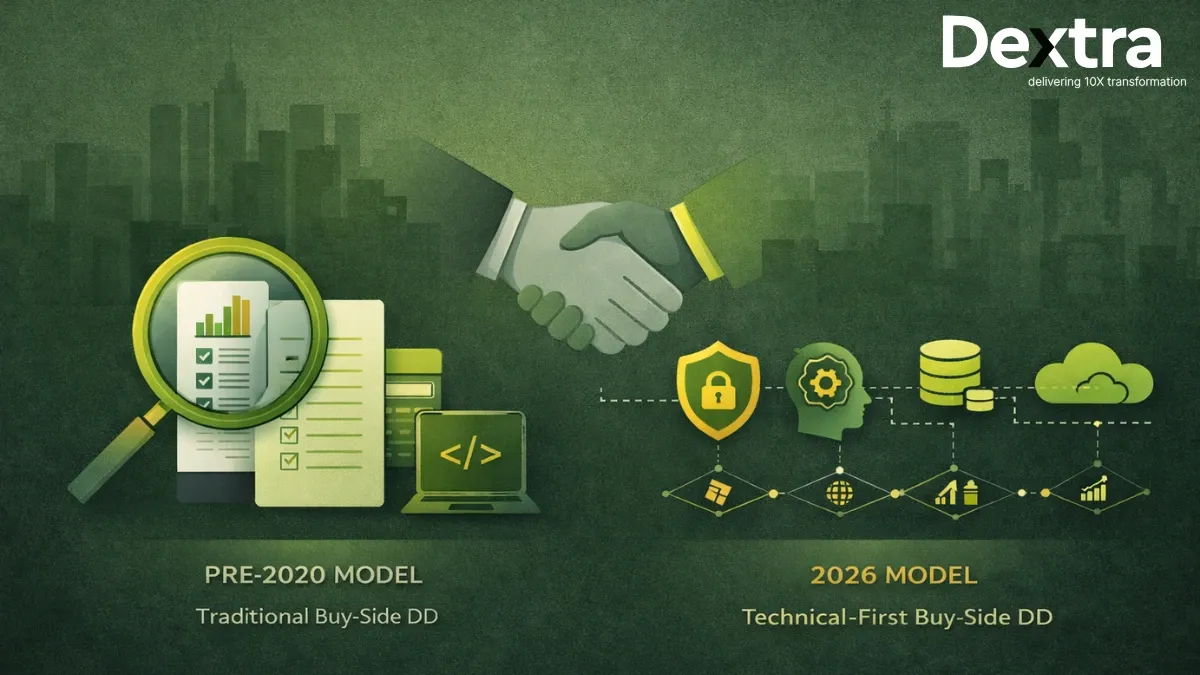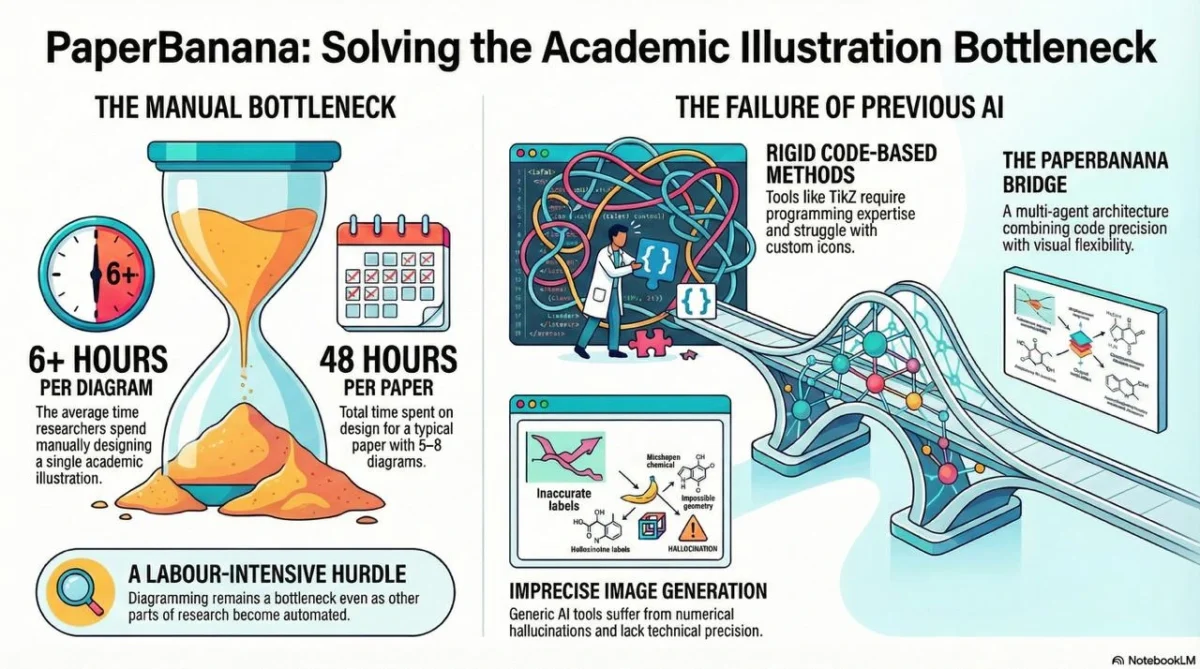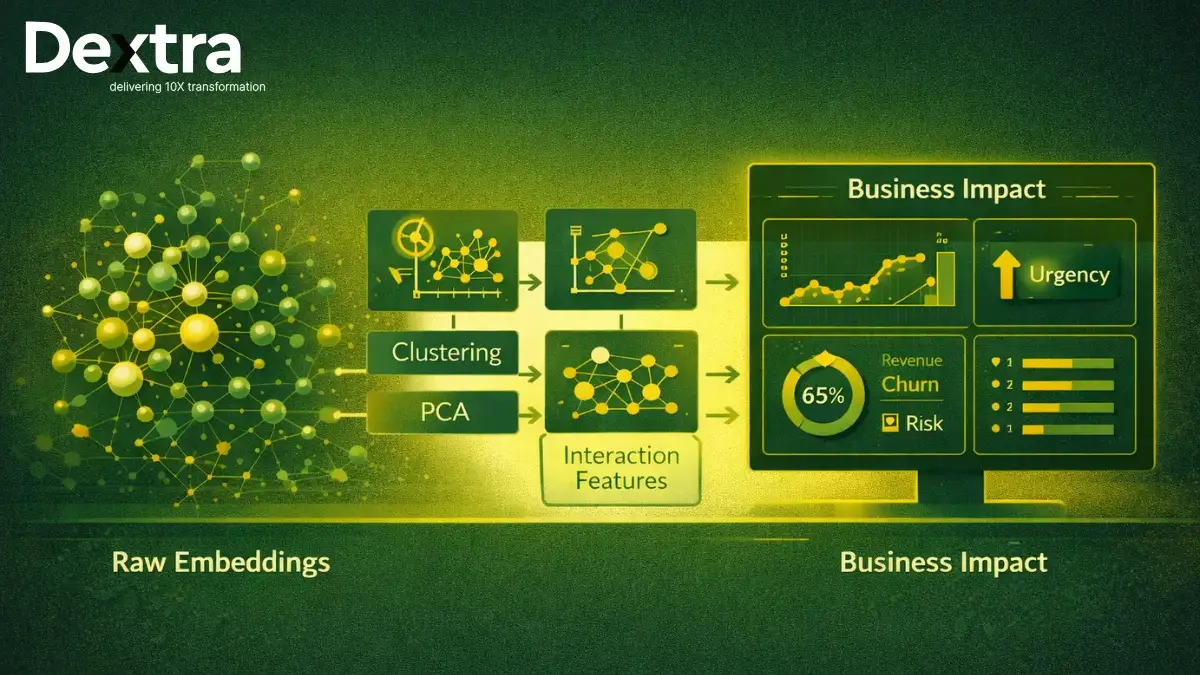Many fintech firms are motivated by their drive to pioneer groundbreaking innovations, which fuels their pursuit of significant funding, strategic partnerships with industry leaders, or acquisition by established businesses. The fintech sector has grown from startups to multibillion-dollar corporations, exhibiting its global reach. This revolution is global in scope and not restricted to any particular location. Projections indicate 3.5 billion users by 2024, highlighting the industry’s rapid expansion.
While innovation and expansion are critical, technological due diligence (TDD) is something that must not be disregarded. TDD is essential for evaluating the technology aspects of fintech companies and ensuring their long-term viability, security, and scalability. This article discusses the importance of TDD in Fintech, its repercussions, and its role in shaping the future of finance.
Redefining Finance: The Evolutionary Journey of Fintech
The term ‘Fintech’ encompasses a broad spectrum of technological innovations aimed at enhancing financial services. From the early days of online banking to the emergence of cryptocurrencies and decentralized finance (DeFi), fintech has traversed a remarkable journey. The evolution of fintech can be attributed to several factors:
| Consumer Demand | The demand for seamless, convenient, and personalized financial services from consumers has been a driving force behind the recent fintech innovations. Customers seek digital solutions that offer greater accessibility, lower costs, and enhanced user experiences. |
| Regulatory Changes | Regulations that foster collaboration between established financial institutions and fintech firms, such as the Payment Services Directive (PSD2) in Europe and Open Banking efforts elsewhere, have stimulated competition and innovation. |
| Technological Advancements | Fintech innovation has its roots in technological advancements such as distributed ledger technology, cloud computing, big data analytics, and machine learning. These technologies make it possible to create safe and open financial systems, analyze enormous volumes of data, and automate processes. |
Impacts of Fintech on the Financial Industry
In 2023, the global fintech industry generated an estimated $79.38 billion in revenue. According to Statista Market Insights, this figure is projected to surpass $141.18 billion by 2028. This rise of fintech has had a profound impact on the financial industry, disrupting traditional business models and reshaping market dynamics. Some key impacts include:
- Increased Competition: Fintech startups and digital-first banks have challenged the dominance of traditional financial institutions by offering innovative products and services tailored to specific customer segments. This has intensified competition within the industry and forced incumbents to adapt or risk obsolescence.
- Enhanced Accessibility: Fintech has democratized access to financial services, particularly in underserved markets and among unbanked populations. Mobile banking apps, peer-to-peer lending platforms, and robo-advisors have made financial services more accessible, affordable, and inclusive.
- Improved Efficiency: Fintech companies have increased the efficiency and agility of financial services by using technology to automate procedures, streamline operations, and cut overhead expenses. For both customers and businesses, this has meant shorter transaction times, cheaper costs, and increased convenience.
- Innovation in Product Offerings: Fintech innovation has led to the development of innovative products and services, such as digital wallets, cryptocurrency exchanges, crowdfunding platforms, and algorithmic trading systems. These offerings cater to evolving customer needs and preferences, driving further innovation and differentiation in the market.
Safeguarding Innovation: The Crucial Role of Technology Due Diligence in Fintech
As fintech companies strive to develop innovative solutions and disrupt traditional financial services, Technology due diligence acts as a key protection, ensuring the integrity, security, and viability of their technology infrastructure. Let’s explore the indispensable role of TDD in fintech, highlighting its significance in safeguarding innovation and driving sustainable growth.
Assessing technology infrastructure:
At the core of every fintech endeavor lies a complex web of technology infrastructure that powers its operations and services. TDD begins by meticulously evaluating this infrastructure and scrutinizing its architecture, resilience, and scalability. By conducting thorough assessments, stakeholders gain invaluable insights into the feasibility and viability of the technology framework, enabling informed decision-making and risk mitigation strategies.
Ensuring Security and Compliance:
In an era characterized by evolving cyber threats and stringent regulatory frameworks, the security and compliance of fintech platforms are non-negotiable. TDD goes beyond surface-level assessments, delving deep into security protocols, encryption standards, and regulatory compliance measures. By identifying vulnerabilities and gaps in security posture, TDD enables fintech companies to fortify their defenses, protect sensitive data, and uphold regulatory requirements, instilling trust and confidence among users and stakeholders.
Optimizing Scalability and Performance:
For fintech businesses, scalability is essential for long-term success because it allows them to grow their user base and transaction volume without sacrificing dependability or performance. When assessing a technology infrastructure’s scalability, capacity to manage growing loads, and potential for future expansion, TDD is an essential tool. TDD makes it possible for financial startups to grow without interruption, guaranteeing a smooth user experience and preserving a competitive advantage in the market through thorough testing and optimization.
Mitigating Operational Risks:
Operational risks, ranging from system failures to service interruptions, can derail even the most promising fintech ventures. TDD helps mitigate these risks by identifying potential points of failure, implementing robust disaster recovery mechanisms, and establishing resilient operational processes. By proactively addressing operational risks, fintech companies can minimize downtime, mitigate financial losses, and safeguard their reputation in the eyes of customers and investors.
Fostering innovation and continuous improvement:
Beyond its role in risk management, TDD catalyzes innovation and continuous improvement within the fintech ecosystem. By fostering a culture of experimentation and iteration, TDD enables companies to identify opportunities for optimization, innovation, and differentiation. Whether it’s adopting emerging technologies, enhancing the user experience, or optimizing performance, TDD empowers fintech ventures to stay ahead of the curve and deliver value-driven solutions that resonate with customers and drive long-term growth.
Conclusion
In an industry defined by relentless innovation and disruption, technology due diligence (TDD) emerges as a linchpin for success, resilience, and sustainability. By conducting comprehensive assessments of technology infrastructure, systems, and processes, TDD enables fintech ventures to navigate the complexities of the digital economy, mitigate risks, and capitalize on opportunities for growth and differentiation. As Fintech continues to redefine the future of finance, the crucial role of TDD will only grow in significance, serving as a guardian of innovation and a driver of transformative change in the financial industry.
For further insights and tailored advice on technology due diligence, partner with experts like Dextra, who specialize in guiding startups and investors through the intricacies of technology assessments.








